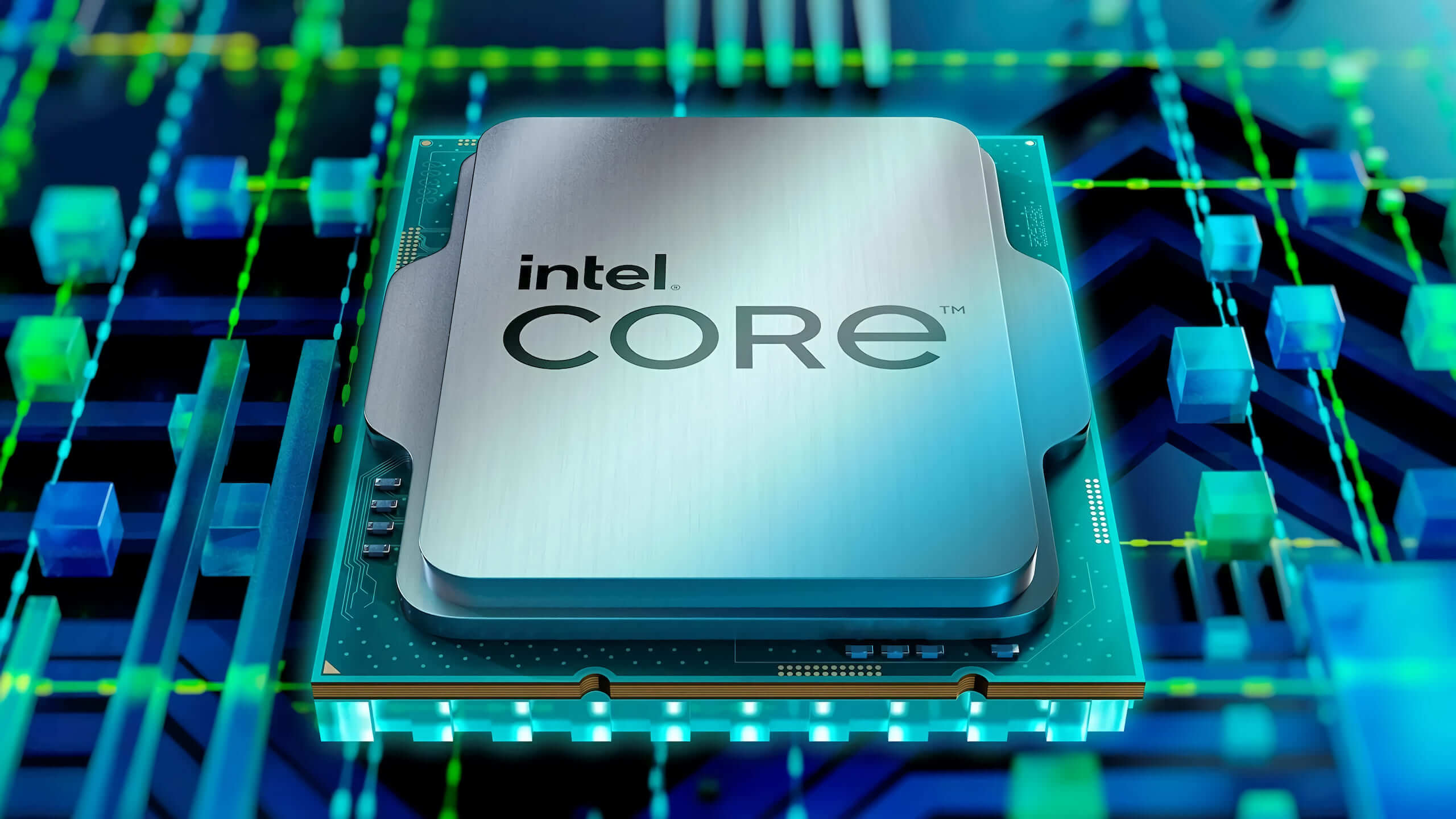
Title: Overclocking Intel K Series Processors: Tips and Accessories
Introduction: Overclocking Intel K-series processors is a popular way to get extra performance from your processor. These unlocked processors, identified by the letter "K" in the model name (such as the Intel Core i9-11900K), allow for easy overclocking. In this article, we'll give you tips and recommend accessories to help you achieve successful and safe overclocking.
1. Ensure proper cooling:
- Efficient cooling is important when overclocking. Invest in a high-quality CPU cooler to keep temperatures in check. Air coolers and liquid cooling systems are popular. {eleven}
- Make sure your motherboard supports overclocking and has reliable power delivery components. A motherboard with a Z-series chipset (such as the Z690 for 12th Gen Intel processors) is ideal for overclocking.
- Before overclocking, make sure your motherboard's BIOS is updated. Manufacturers often release BIOS updates that improve compatibility and stability when overclocking.
- You can overclock using the Intel Extreme Tuning Utility (XTU) or directly from your motherboard's BIOS. XTU offers a user-friendly interface, while BIOS overclocking provides more granular control.
- Start with conservative overclock settings, such as slightly increasing the processor multiplier or base clock speed. After each change, stress test your processor to ensure stability.
- Keep a close eye on your CPU temperature using monitoring software such as HWMonitor or Core Temp. Overheating may cause instability or damage.
- Use stress testing software such as Prime95 or AIDA64 to check the stability of your overclock. Perform stress tests over an extended period to ensure stability under load.
- Be careful when adjusting processor voltage. Higher voltages can result in increased heat and potential degradation. Find a balance between voltage and clock speed.
- Overclocking RAM can complement overclocking the processor. Make sure your RAM is compatible with higher frequencies and adjust its settings accordingly.
- Monitor the temperature of your motherboard's voltage regulator modules (VRMs). They play a crucial role in supplying power to the CPU. Ensure proper cooling of the VRM, especially during heavy overclocking.
- Most modern motherboards allow you to save multiple BIOS profiles. Save your stable overclock settings as a profile for quick recovery in case of instability.
- Make sure your power supply can handle the increased power demands of overclocking. A high quality power supply with sufficient power is required.
- Test your system before and after overclocking to see the performance gains. Compare results across games or apps to see the impact of your overclock.
- Always prioritize the long-term health and stability of your processor. Exceeding safe limits may result in reduced processor life or void your warranty.
2. Compatible Motherboard:
3. Updated BIOS:
4. Use Intel XTU or BIOS:
5. Start slow and gradually:
6. Monitor your temperature:
7. Stress testing:
8. Voltage adjustment:
9. RAM overclock:
10. Monitor the VRM temperature:
11. Backup BIOS profile:
12. Backup power supply:
13. Navigate and compare:
14. Stay safe:
Bottom Line: Overclocking Intel K-series processors can provide noticeable performance gains for gaming and other demanding tasks. However, this should be approached with caution and attention to detail. By following these tips and using the right accessories, you can safely and effectively overclock your Intel processor to achieve higher levels of performance.






